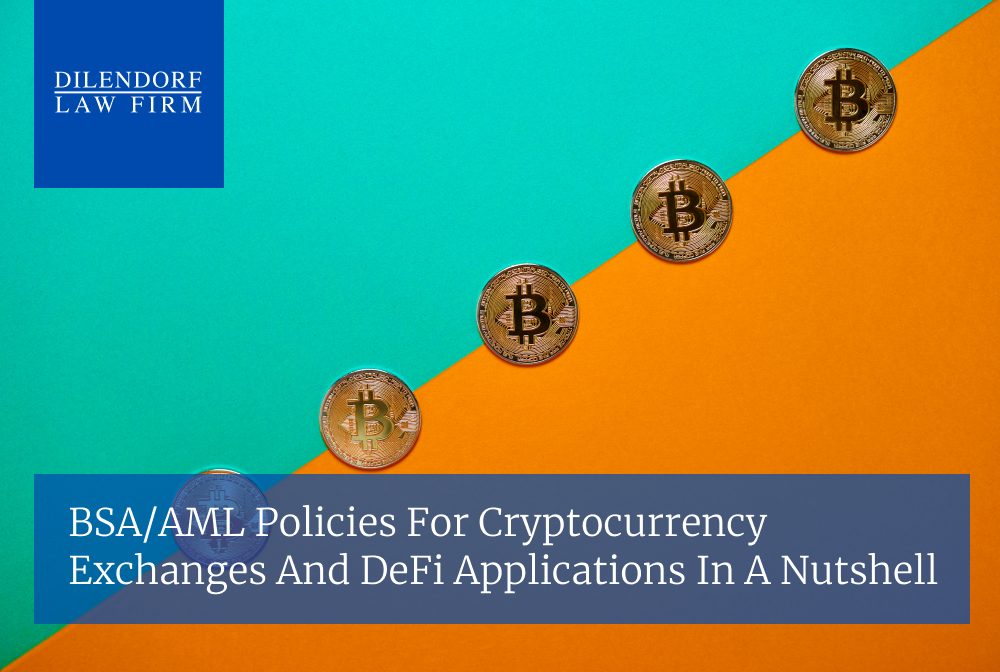While the goal of the DeFi ecosystem is to become “trustless,” or fully transparent and programmable with the help of smart contracts establishing and enforcing the financing terms, the need for legal experts in DeFi is yet to be eliminated.
DeFi platforms and the financial instruments they offer may contain centralized components (such as centralized custody, administration, protocol development, interest rates, margin calls, price feeds, etc.).
Furthermore, as the DeFi ecosystem is still at a relatively early stage of development, DeFi protocols, platforms and smart contracts present considerable risks, which have to be properly disclosed to users on the one hand, and addressed by the regulators and courts, on the other hand.
Given the explosive growth of this sector, federal regulators should become familiar with this new technology and its potential uses and be prepared to protect the public against misuse.
In a pure “peer-to-peer” DeFi system, none of the traditional benefits or protections exist. There is no intermediary to monitor markets for fraud and manipulation, prevent money laundering, safeguard deposited funds, ensure counterparty performance, or make customers whole when processes fail.
Laws governing DeFI transactions are complex and often requiring intricate practical analysis and application of the following laws and regulations:
- the U.S. Securities Act of 1933 and the Securities Exchange Act of 1934;
- the Anti-Money Laundering Law (“AML”);
- the U.S. Bank Secrecy Act (“BSA”);
- 50 state-specific money transmitter laws (“MTL”) with a nationwide application standard;
- the U.S. Internal Revenue Code;
- the Racketeering Influence and Corruption Organization Act (“RICO”)
- all related and implementing regulations of the above statutes.
At Dilendorf Law Firm, we strive to understand our client’s DeFI background, goals, trading habits, investment vehicles and other critical factors to identify which bodies of law, and specific statutes and regulations, are implicated.
This approach is crucial when:
- guiding clients toward lawful behavior in Defi, Web 3.0 virtual universes and Metaverse;
- selecting and establishing optimal onshore and offshore business structures;
- crypto compliance with tax laws and reporting requirements against everchanging US standards;
- establishing guidelines for cryptocurrency trading activities to make operations as efficient as possible, as well as to make sure that client’s activities are legal under U.S. laws and regulations;
- preparing a crisis plan as the first step in avoiding crisis situations before they arise.
We regularly represent:
- DeFi traders and Dapp developers;
- Family offices, investors and hedge fund managers interested to explore legalities around the world of DeFI;
- Cryptocurrency exchanges, OTC desks and wallet-providers;
- Metaverse businesses, brands and users;
- NFT platforms, issuers and investors; and
- DeFI fraud victims.

Resources











































